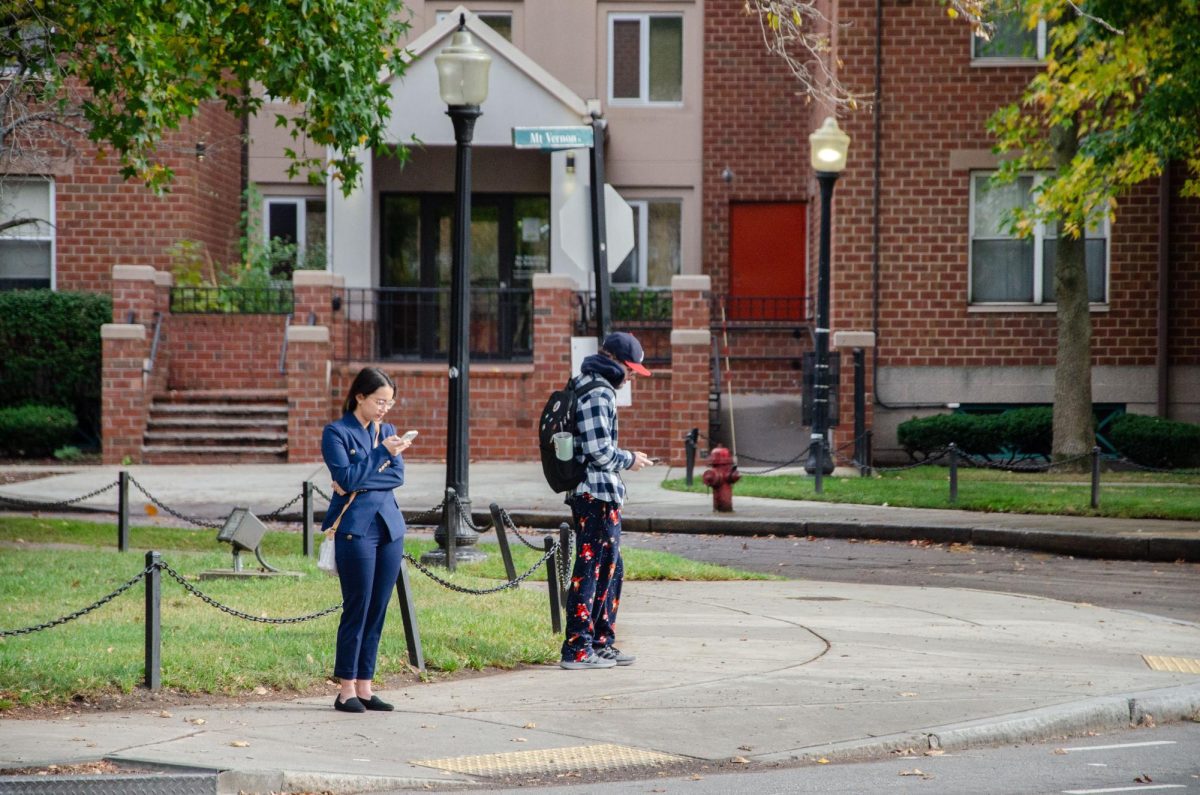The absurd increase in affordable housing costs comes as no shock to many Bostonians. There are new condos being built on what seems like every block of Dorchester’s streets, resulting in the gentrification of a neighborhood that used to be known for its high poverty rates. However, this poverty crisis is no longer limited to smaller towns, and is instead spreading throughout the entire Boston metro area.
Currently, to live comfortably in a one-bedroom apartment, you would need a monthly income of $6,720, according to apartmentlist.com. (1) As a low-income college student that goes to school full time, this income seems unfathomable, and unfortunately, I know I’m not the only one. In 2012, the Boston Redevelopment Authority stated that the poverty rate among Boston’s college student population was 28.2%. (2) As the cost of living has only increased, we can imagine this number is now much higher.
This doesn’t include the overall cost of college attendance, which has also increased over the years, so much so that the Boston Business Journal explains that over one-third of colleges in Massachusetts have had student costs rise by at least 40% over the last decade. (3) The cost of just surviving while being a college student increases drastically every year, and for me, these numbers are crippling.
I worry for the future of those my age that already live below the poverty line, just as I do. There are times where I make jokes to deal with my bleak future: “If I wanted a house, I should’ve bought one when I was in kindergarten.” There are already a lot of younger people who deal with homelessness in Massachusetts, and so for them, college seems like just another price tag that they can’t afford.
For those of us that are in college while struggling with food and housing insecurity, this can easily affect our academics, since survival is, of course, the priority. These issues have a large stigma around them, and it’s difficult to talk about them with people outside our immediate circle of trust. When it came to me expressing my need for assistance, it was hard to fight the feelings of shame. In our capitalist society, the idea of being on welfare or using other forms of government assistance can be met with disgust, making me feel ashamed for asking for help in a society where I constantly feel left behind.
But not asking for help only exacerbated this feeling of isolation. That’s why for me, I found that regardless of all the negative connotations surrounding the idea of asking for assistance, taking advantage of resources can be vital to survival. However, these resources can be so hard to find.
On campus, I rarely see advertisements that discuss solutions to poverty. There are posters on every wall of our campus, and I rarely, if ever, see posters promoting help for those experiencing food and housing insecurity. On top of this, actually attempting to find some of these resources on the UMass Boston website can feel like a goose chase. Thankfully, after a long search, I found that there are some helpful resources regarding these topics.
I found some options for helping students find affordable rooms to rent with roommates off-campus on the UMass Boston housing website. Thankfully, I also discovered U-ACCESS, which helps students get back on their feet, with resources such as housing help and access to a food pantry. But again, both of these assets are a bit hidden on the website if you don’t know where to look.
While I won’t deny that these resources are helpful, the fact that they are difficult to find just seems to tie into the reaffirmation that these topics are seen as taboo. It’s not easy to find these resources and oftentimes, students don’t even know that this kind of help exists; I know I didn’t. That’s why these should be advertised around campus much more than they already are, because these are real problems that people deal with in the shadows.
Growing up, I was made to feel ashamed for needing this extra help, and as the number of students that are in my shoes continues to increase, these narratives proceed to do so much harm. As a school, we can do so much more in offering these resources and making them more known to the people who need them. Home insecurity is an isolating issue that continues to alienate people and make us feel alone. But on a campus of more than 16,000 students, being alone should never be a part of the equation.
Overall, the cost of living is only increasing while the poverty line keeps getting higher and higher. It’s time to stop ignoring this huge societal problem that our state, as well as our country, is facing, and begin helping one another to get back on our feet.
Sources:
(1) https://www.apartmentlist.com/renter-life/cost-of-living-boston
(2) https://www.bostonplans.org/getattachment/f1ecaf8a-d529-40b6-a9bc-8b4419587b86


